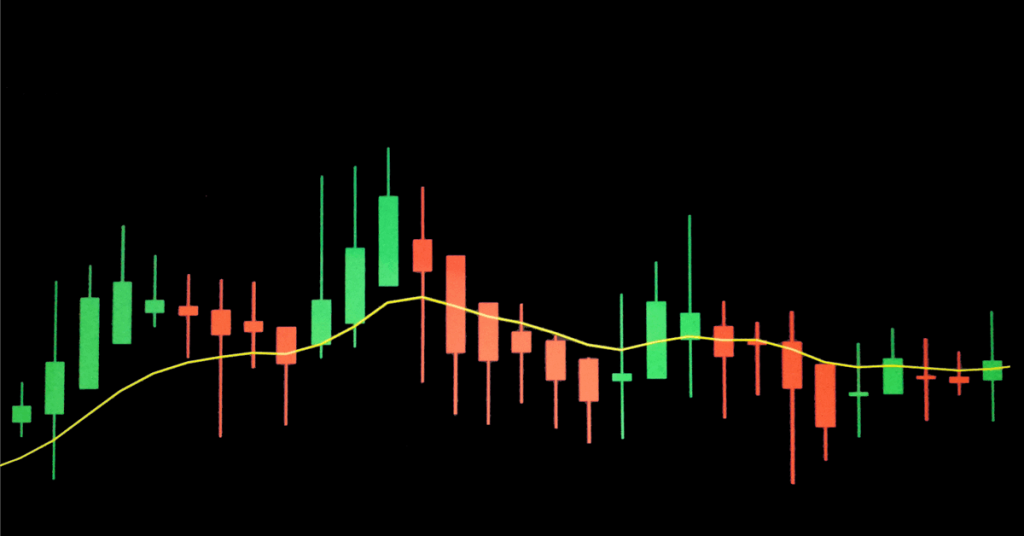Oil declined as traders parsed through the impact of the European Union’s latest moves on Russian supplies and strikes by Ukraine on the OPEC+ member’s energy infrastructure.
The West Texas Intermediate contract for October delivery, which expires on Monday, settled near $63 a barrel. The more active November contract settled lower, near $62. Global benchmark Brent settled above $66.
The EU’s next round of sanctions against Russia will focus on oil industry entities in third countries, which is likely to affect about a dozen Chinese and several Indian bodies as the bloc looks to intensify pressure on the Kremlin’s access to petrodollars.
China and India have made the most of discounted Russian supplies, which remain available amid a Group of Seven price-cap mechanism that was designed to keep oil flowing while limiting Moscow’s revenues. While US President Donald Trump on Saturday renewed his call for European countries to stop buying crude from Russia, French President Emmanuel Macron said the EU’s remaining energy imports from the nation were “very marginal.”
Crude prices have remained within a $5 range since early August as traders balance forecasts for a surplus later in the year against geopolitical risks. Breaking out of that band would likely require the US and EU to align on harsher measures against buyers of Russian oil, said Dennis Kissler, senior vice president for trading at BOK Financial. “Otherwise, harsher sanctions on just Russia will only have a minimal effect,” he said.
WTI briefly flipped into positive territory later in the session after Canadian Prime Minister Mark Carney urged the prompt implementation of secondary sanctions on Russia. Carney’s comments revived supply concerns, with traders positioning for the possibility of tighter restrictions on Moscow’s crude flows.
An amicable exchange between Trump and Chinese President Xi Jinping on Friday eased tensions between the two biggest oil consumers, and reduced concerns that Washington would place levies on Beijing for buying Russian crude.
Meanwhile, Ukraine claimed strikes that damaged energy infrastructure deep within Russian territory on Saturday, including pumping stations on a trunk oil pipeline, following earlier attacks on two refineries. Kyiv has intensified its drone attacks over the past month.
“Ukrainian attacks on Russian crude and product infrastructure are the bull-factor which could counter bearish price developments for crude prices,” said Bjarne Schieldrop, chief commodities analyst at SEB AB. “But the intensity of the attacks is not yet at a level which can inflict serious, enduring impact on Russian oil infrastructure.
Oil Prices
Brent for November settlement slid 0.2% to settle at $66.57 a barrel
WTI for October delivery, which expires Monday, fell 0.1% to settle at $62.64 a barrel
The more active November WTI contract declined 0.2% to settle at $62.28
What do you think? We’d love to hear from you, join the conversation on the
Rigzone Energy Network.
The Rigzone Energy Network is a new social experience created for you and all energy professionals to Speak Up about our industry, share knowledge, connect with peers and industry insiders and engage in a professional community that will empower your career in energy.
element
var scriptTag = document.createElement(‘script’);
scriptTag.src = url;
scriptTag.async = true;
scriptTag.onload = implementationCode;
scriptTag.onreadystatechange = implementationCode;
location.appendChild(scriptTag);
};
var div = document.getElementById(‘rigzonelogo’);
div.innerHTML += ” +
‘‘ +
”;
var initJobSearch = function () {
//console.log(“call back”);
}
var addMetaPixel = function () {
if (-1 > -1 || -1 > -1) {
/*Meta Pixel Code*/
!function(f,b,e,v,n,t,s)
{if(f.fbq)return;n=f.fbq=function(){n.callMethod?
n.callMethod.apply(n,arguments):n.queue.push(arguments)};
if(!f._fbq)f._fbq=n;n.push=n;n.loaded=!0;n.version=’2.0′;
n.queue=[];t=b.createElement(e);t.async=!0;
t.src=v;s=b.getElementsByTagName(e)[0];
s.parentNode.insertBefore(t,s)}(window, document,’script’,
‘https://connect.facebook.net/en_US/fbevents.js’);
fbq(‘init’, ‘1517407191885185’);
fbq(‘track’, ‘PageView’);
/*End Meta Pixel Code*/
} else if (0 > -1 && 68 > -1)
{
/*Meta Pixel Code*/
!function(f,b,e,v,n,t,s)
{if(f.fbq)return;n=f.fbq=function(){n.callMethod?
n.callMethod.apply(n,arguments):n.queue.push(arguments)};
if(!f._fbq)f._fbq=n;n.push=n;n.loaded=!0;n.version=’2.0′;
n.queue=[];t=b.createElement(e);t.async=!0;
t.src=v;s=b.getElementsByTagName(e)[0];
s.parentNode.insertBefore(t,s)}(window, document,’script’,
‘https://connect.facebook.net/en_US/fbevents.js’);
fbq(‘init’, ‘1517407191885185’);
fbq(‘track’, ‘PageView’);
/*End Meta Pixel Code*/
}
}
// function gtmFunctionForLayout()
// {
//loadJS(“https://www.googletagmanager.com/gtag/js?id=G-K6ZDLWV6VX”, initJobSearch, document.body);
//}
// window.onload = (e => {
// setTimeout(
// function () {
// document.addEventListener(“DOMContentLoaded”, function () {
// // Select all anchor elements with class ‘ui-tabs-anchor’
// const anchors = document.querySelectorAll(‘a .ui-tabs-anchor’);
// // Loop through each anchor and remove the role attribute if it is set to “presentation”
// anchors.forEach(anchor => {
// if (anchor.getAttribute(‘role’) === ‘presentation’) {
// anchor.removeAttribute(‘role’);
// }
// });
// });
// }
// , 200);
//});

